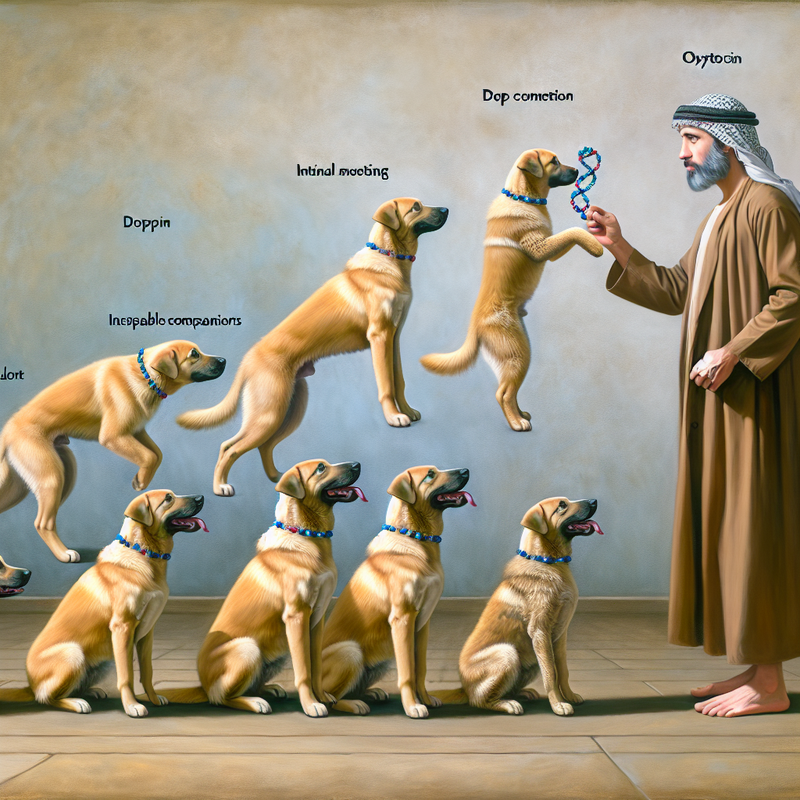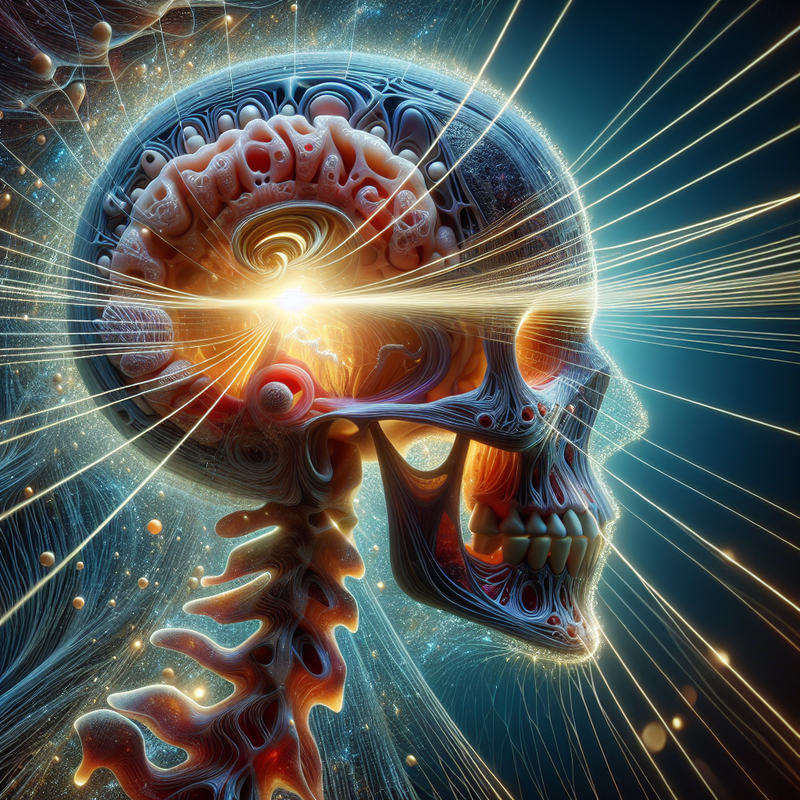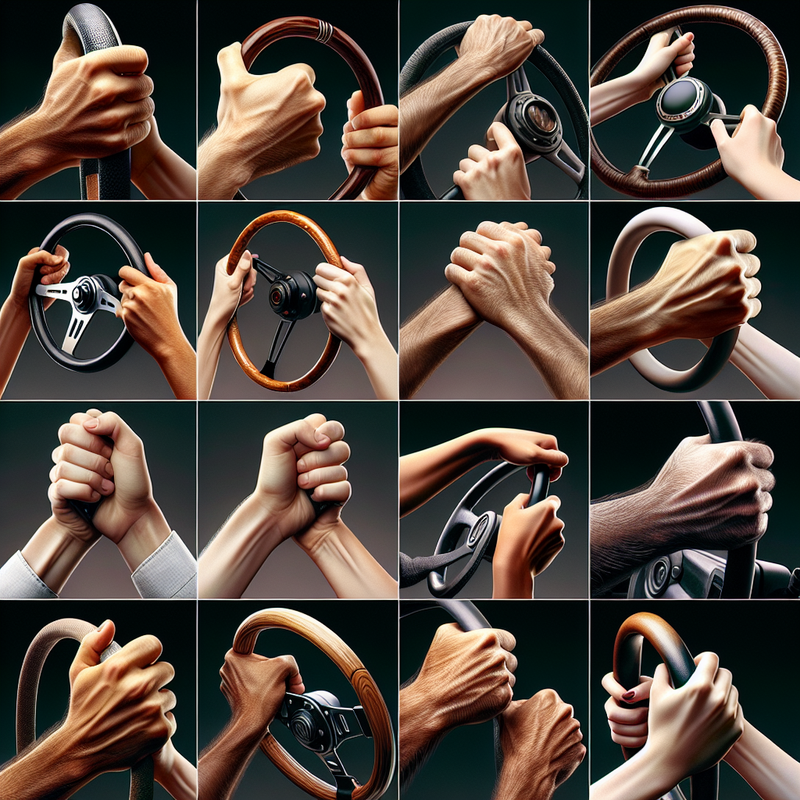Recent Advances in the Development of Domestic Dogs
Swedish scientists have uncovered noteworthy evidence suggesting a remarkable evolutionary progression in dogs as they adjust to urban living and adapt to the lifestyles of their human counterparts. The research, spearheaded by experts at Linköping University, highlights the changing dynamics between dogs and humans.
The research points to a pivotal change in how dogs have traditionally interacted with humans. Previously viewed as work animals, dogs are now esteemed companions, leading to selective breeding and training to cultivate friendliness and calmness—traits that are favored in today’s domestic settings.
Oxytocin: A Catalyst for Behavior and Evolution
This evolutionary process is heavily influenced by behavioral adaptations to suit human preferences, potentially leading to changes in the biological framework of these canines. At the heart of these shifts is the hormone oxytocin, recognized for strengthening social ties and playing a crucial role in interactions between dogs and humans.
Back in 2017, research underscored oxytocin’s role in encouraging sociable behavior in dogs. However, the latest findings did not delve into whether similar patterns hold for other pets, such as cats.
Although the announcement did not delve into the possible continuation of these evolutionary trends or future avenues of research, it touched upon the non-aggressive nature observed in domestic cats without investigating if cats are experiencing comparable evolutionary modifications.
Details about the greater implications of these findings on the bond between humans and dogs or the significance of such scientific inquiries in understanding pets were not elaborated upon in the study. Nonetheless, this research sheds light on the ways in which modern existence is reshaping the evolution of dogs, potentially affecting domestic dog populations for years to come.







